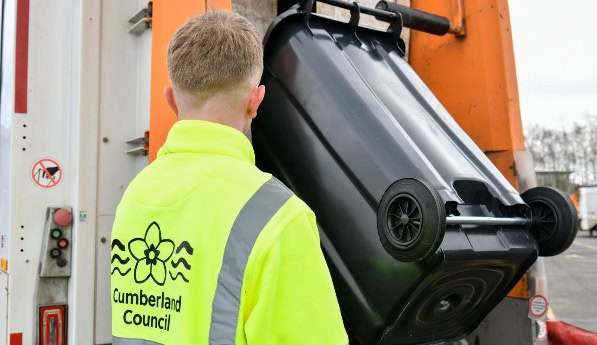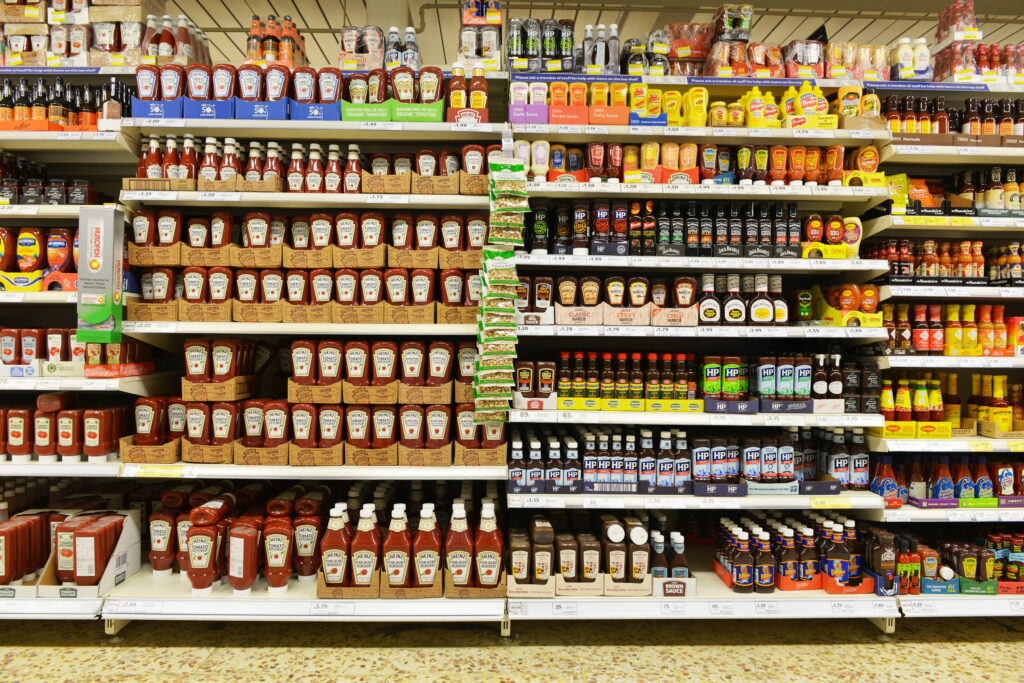The announcement was emailed out by Defra soon after the prime minister Rishi Sunak announced that he is scrapping plans to introduce “seven bins” (see letsrecycle.com story).
Defra said: “[Thérèse Coffey] will introduce Simpler Recycling (formerly known as Consistency in Recycling), a plan which scraps the top-down approach, ensures a requirement to recycle with seven bins will not happen and brings forward a smarter approach that responds to feedback and forges a new path on reuse and recycling.”
Details
According to Defra, the new Simpler Recycling system, which Defra says will be outlined “shortly”, will ensure all homes in England “recycle the same materials, ending the confusion and postcode lottery over what can and can’t be recycled”.
Seemingly backing commingling or a twin-stream system, the statement added: “Those materials won’t need to be separated at home – so whilst it was never the case that seven bins would be needed by households, this new plan ensures it.”
The statement added that the “common sense approach will drive up recycling rates and is designed to work for households across the country”.
Clarity
The move means that the industry will still be awaiting clarity about what the ‘Simpler Recycling’ rules will entail, but will provide some comfort that much of the consistency plans could still be brought forward under the proposals.
The move was welcomed by Jim Bligh, the Food and Drink Federation’s director of corporate affairs and packaging, who said: “Food and drink manufacturers have an ambition to achieve net zero emissions by 2040, an aim shared across the farm-to-fork supply chain.
“Creating a circular economy for packaging is an important part of achieving these goals. Nobody wants seven bins, but we do need councils to collect and sort recyclable materials so we can turn yoghurt pots and crisp packets back into food-safe packaging. Manufacturers stand ready to work with government to get the details right, so we get value for money from the £2bn-a-year Extended Producer Responsibility reforms, which are underpinned by consistent collections.”










Subscribe for free